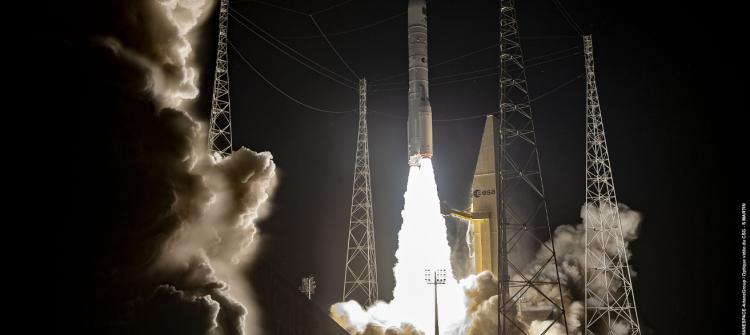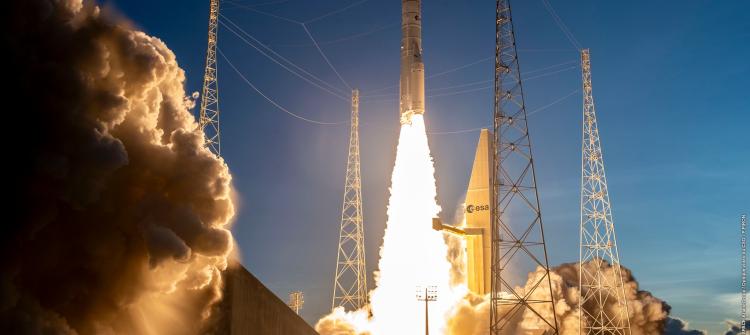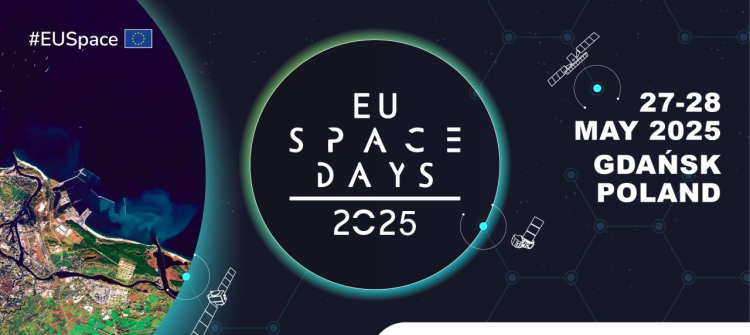Space
Although originally designed to serve terrestrial users, today, GNSS also plays an important role in many space applications. Whether used for telecommunications, Earth Observation, research or navigation, Earth-orbiting satellites rely on the real-time positioning and timing provided by GNSS. Thanks to GNSS, these missions can reduce costs, improve navigation performance, and ensure the provision of trustworthy data and services.









